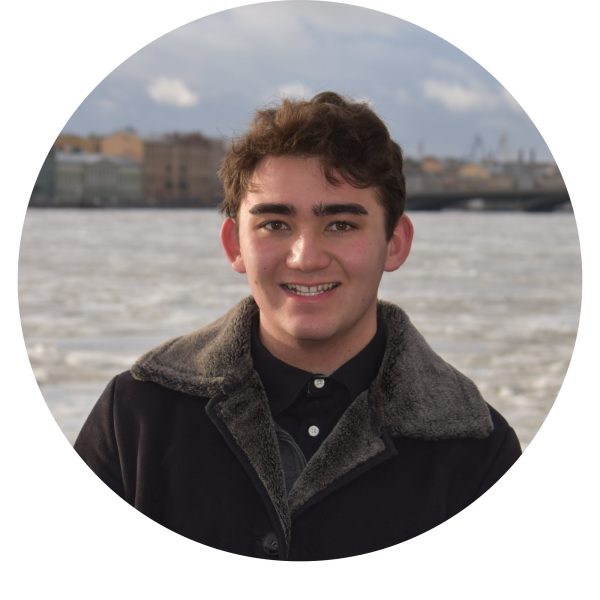The developmental value of isolation
“Knowing yourself is the beginning of all wisdom.” – Aristotle
When we are children, we have a semblance of an identity, but it is not a real identity. We have things we like, things we dislike and a small array of experiences, but it can hardly be called an identity. Yet, despite our lack of identity, people begin to form an identity for us. People assume we are a certain way, so we begin to act a certain way. This feedback cycle continues until we reach the end of high school, having been led to believe the identity sculpted for us was, in fact, who we were. It is only when we finally get the chance to leave the nest that we realize who we really are.
Who are you when you are in a social vacuum? In the absence of a preconceived personality, reinforced by social norms, who do you become? Many students realize they are not the person they thought they were upon entering university. In my own experience, I found myself recollecting things I had done in high school, asking myself, “Why did I ever do that, or act that way? I have absolutely no desire to do anything like that.” In fact, I realized the behavior I was reflecting on would never have even occurred to me in a pure state of nature.
In his “Confessions,” Saint Augustine shares a story of when he and his friends had gotten into trouble by stealing some pears and throwing them at pigs. He argues he would never have done something like this in a natural state, and it only occurred because of his socialization. This is something we all need to consider. How many of our actions actually sprout from our true selves? Friedrich Nietzsche once said, “if you gaze long enough into an abyss, the abyss will gaze back into you.”
While not directly related, a similar experience occurs when we force ourselves to be alone. In isolation, we gaze into our souls and our souls gaze back into us. We learn who we really are. We learn what we really want out of life, what we lack, and what our character really looks like. And, there is no better way to study true human nature than to study ourselves.
There is value in purposeful separation from society, even if only temporary. “Society everywhere is in conspiracy against the manhood of every one of its members,” Ralph Waldo Emerson once said. Throughout all of human history, religious figures have purposefully isolated themselves from the world as a form of self-improvement. Dante Alighieri, the author of “The Divine Comedy,” and its more famous subsection, “Inferno,” considered treachery to be the worst of all sins. The reason for this was not merely because it was a cold sin composed of intentional malice, but also because the sin itself has a corruptive element.
When you betray someone, that individual can lose their faith in human goodness. Their humanity is shaken. Fyodor Dostoevsky once said in “The Brothers Karamazov” that “people speak sometimes about the ‘animal’ cruelty of man, but that is terribly unjust and offensive to animals, no animal could ever be so cruel as man, so artfully cruel.”
Animals harm each other quite often, but they never betray each other. You may not realize how much the malevolence of others has harmed your worldview and psyche, but in isolatory reflection, it is possible for healing to begin.
It’s funny to me because the early stages of developmental psychology rely entirely on social interaction, through reward and punishment, while the self-actulatory stages of development require the opposite: isolation and reflection. In the modern age of connectivity, we seldom get a break from social exposure. Social media is a perfect example of our insatiable urge to embrace social stimuli. Yet, it is my theory that it is not because we actually want more socialization that we seek out others online, but instead, we fear to be alone. Being alone means we must confront ourselves. And in order to avoid that, we try to spam ourselves with as much social content as possible.
During this quarantine, it can seem rather unfortunate we do not socialize in the way we usually do. Like everything, however, it can prove to be a vital learning experience. We can use this time to discover who we really are, in a way further than merely leaving the nest. We can ask ourselves the big questions. We can begin to live what Aristotle would refer to as the contemplative life. And eventually, if we look deep enough into our souls, our souls will look back into us.
*Graphic by Sarie Jenkins.

Kristian Fors is a student at Utah State University majoring in Economics and is an opinion columnist for the Utah Statesman. He enjoys studying psychology, traveling, and living life as intentionally as possible.
—krfors@gmail.com

